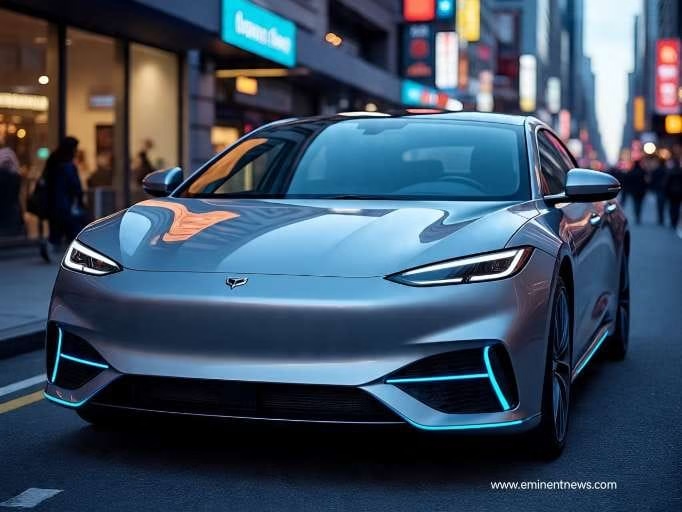The Indian government has introduced the Scheme to Promote Manufacturing of Electric Passenger Cars in India (SPMEPCI) to encourage the domestic production of electric vehicles (EVs) and establish India as a global manufacturing hub for EVs . The Ministry of Heavy Industries (MHI) is the implementing body . The scheme aligns with India’s goal of achieving net-zero emissions by 2070 and promoting sustainable mobility .
Key Features of the Scheme:
- Eligibility: The scheme is open to companies with a minimum automotive revenue of Rs 10,000 crore from automotive manufacturing and a minimum investment of Rs 3,000 crore in fixed assets .
- Customs Duty Concession: Approved applicants can import Completely Built-in Units (CBUs) of electric passenger cars with a minimum cost of USD 35,000 at a reduced customs duty of 15% for five years from the approval date . The import of CBUs is capped at 8,000 units per year .
- Investment Commitment: Applicants must invest a minimum of Rs 4,150 crore (approximately USD 500 million) within three years, establish manufacturing units, and commence production within that timeframe .
- Domestic Value Addition (DVA): Applicants must achieve at least 25% DVA within three years and 50% within five years, aligned with the Production Linked Incentive (PLI) Scheme for Automobile and Auto Components .
- Bank Guarantee: Applicants must provide a bank guarantee equivalent to the total duty to be foregone or Rs 4,150 crore, whichever is higher .
The scheme aims to attract investments from global EV manufacturers, promote “Make in India,” generate employment, and establish India as a premier global destination for automotive manufacturing and innovation .for more news click www.eminentnews.com



























